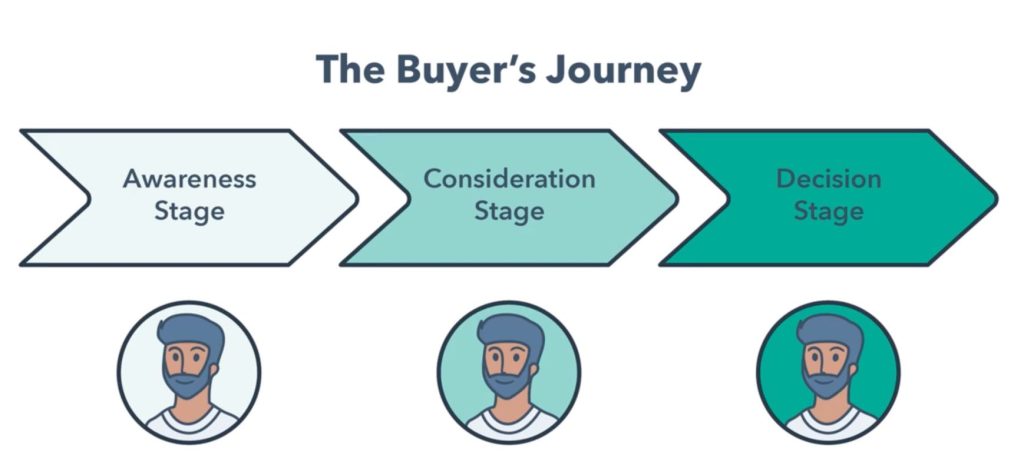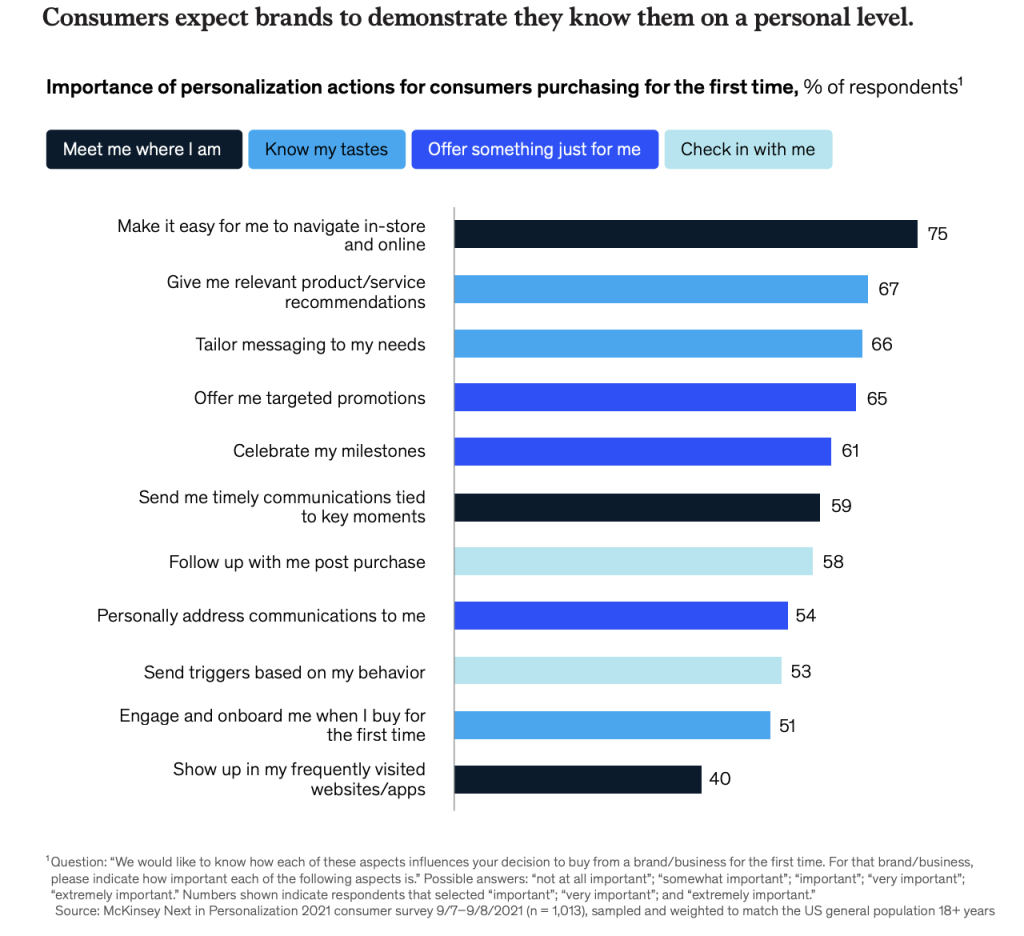Email Marketing is most essential tool for every business in this today’s world. Here’s the answer you’re looking for.
Email marketing is a form of digital marketing that refers to the use of email to attract, engage, and communicate with potential and existing customers. It allows brands to share updates, promote products, and build strong, long-lasting relationships—all through the power of email.
Email was developed in 1971 by Ray Tomlinson, an American computer programmer. He is widely regarded as the inventor of email as we know it today and now with the users of over 4.3 billion people in email.
It helps build relationships with customers, boost sales, and retain loyalty. How it works?
Email marketing is a great way to stay connected with your customers. It helps you build strong relationships by sharing useful :
– Updates
– Offers
– Personalised messages ( Shows you care).
– Exclusive Discounts or Offers
– Helpful Tips & Guides
– Thank You Notes
And many more…
-
- Plus, regular communication through emails makes customers feel valued and keeps them coming back, helping you build loyalty over time. It’s a simple, cost-effective way to grow your business while keeping your audience happy.
Why Email Marketing is Such a Great Tool?
There are so many advantages of using email marketing. Here are a few that set email apart from all other channels.
Highly Targeted audience
Email marketing is more targeted than social media because you can send personalised messages directly to people based on their interests or actions. Unlike social media posts, which can get lost in feeds, emails go straight to the inbox, ensuring more focused engagement.
| ROI Of Paid Ads (if you’re super good) | ROI Of Email Marketing (even if you are average) |
|
– $20,000 Ad Spend *Paid Ads give a higher return in a shorter period (higher immediate profit), but with a larger upfront investment. |
– 30,000 Email List Net Profit = $9,900 – $3,000 = $6,900 *Email Marketing is more cost-effective with potentially higher long-term growth if you build your list and nurture customers over time. * It’s a minimum calculation, we can covert people in buying more than as we shown up and the main thing is we can have a long term relationships with customers. A Real Brand is build by Email Marketing. |
Affordable Marketing
Let’s see with both differences.
Custom-Fit Content
You can tailor your messages to fit each customer’s preferences, behaviours, and past interactions. This means you can segment your audience based on factors like their interests, purchase history, or even how they’ve engaged with your previous emails. For example, you can send special offers to loyal customers, recommend products based on what they’ve browsed, or provide updates about services they care about.
Track and Improve
It gives you valuable insights into your campaigns by tracking metrics like open rates, click-through rates, and conversions. This data helps you understand what’s working and what isn’t. For example, if a particular subject line gets more opens, you can use similar styles in future emails. If certain links get more clicks, you can focus on creating similar content.
Strengthen Customer Bonds
Email marketing helps you connect with your audience on a personal level. By sharing helpful updates, exclusive discounts, and personalised offers, you make customers feel valued and appreciated. Regular communication through emails keeps your brand top of mind and fosters trust. Whether it’s a thank-you note, a product recommendation, or news about your latest updates, these messages show that you care about your customers, encouraging them to stay loyal and engaged with your brand.
Key Strategies for Successful Email Campaigns
Let’s understand the scenes from Behind with me.
Building an effective email marketing strategy means adding three important pillars to your tool belt. And as you implement your email strategy keep this top of mind, as they’re the contacts and lens through which you should view all the information that you learn about email.
3 Tools for an Effective inbound E-mail Marketing Strategy.
The significance of segmentation.
The power of personalisation.
The impact of data-driven analysis.
Let’s take a closer look at each of this, email remains the heart of successful marketing, sales and customer effort. But competing for attention in the Inbox has never been more challenging.
1. The significance of segmentation.
Segmentation is what you helps you send the right person, the right message at the right time. Creating a inbound email experience and conversation means focusing just as much on the context of your message as the content you deliver. From DMA(Data And Marketing Association) it founds that 77% email marketing ROI comes from segmented, targeted, and triggered campaigns.
Segmentation is simply about combining two main ideas of online marketing.
Buyer Persona
Buyer’s Journey
What is buyer persona ?
➡️ A buyer persona is a simple description of your ideal customer. It’s like creating a pretend person that represents the type of people who might buy your product or use your service.
It usually includes details like:
- Who they are: Age, job, interests, or lifestyle.
- What they want: Their goals or problems they need to solve.
- Why they’d choose you: How your product or service can help them.
What is buyer’s Journey ?
The buyer’s journey is the process people go through when deciding to buy a product or service. It’s like a path they follow, step by step, from learning about a problem to making a purchase. It has three main stages:

2. The power of personalisation.
A personalised email is a type of email designed to feel like it was made specifically for the person receiving it. It includes personal details such as the recipient’s name, interests, or previous purchases to make the message more relevant and engaging.

3. The impact of data-driven analysis.
Analysis is one of the important pillar you have as an inbound professional. The world is always changing, where customer is always consistently change where they live and work. Analysis helps you evolve with them and not be left behind. Your customer need frictionless experience. By analyzing your email consistently and having email as one of the core parts of your inbound strategy, you’ll give your customer what they need to continue the conversation with you. With all the informations you have at your fingertips, the behaviour of your contacts and from previous interactions with them, you are living money on the table, if you’re not consistently analysing the data.
To implement data-driven analysis into your email marketing, you’ll want to keep in the mind this framework. First, track the metric that matter. This will be different for you and your business than me and my business. Second, understand that those metrics indicate about the success of your email, what is moving and improving versus what is slowing down. And then third, apply what you have learned to optimise and improve each email that you sent.